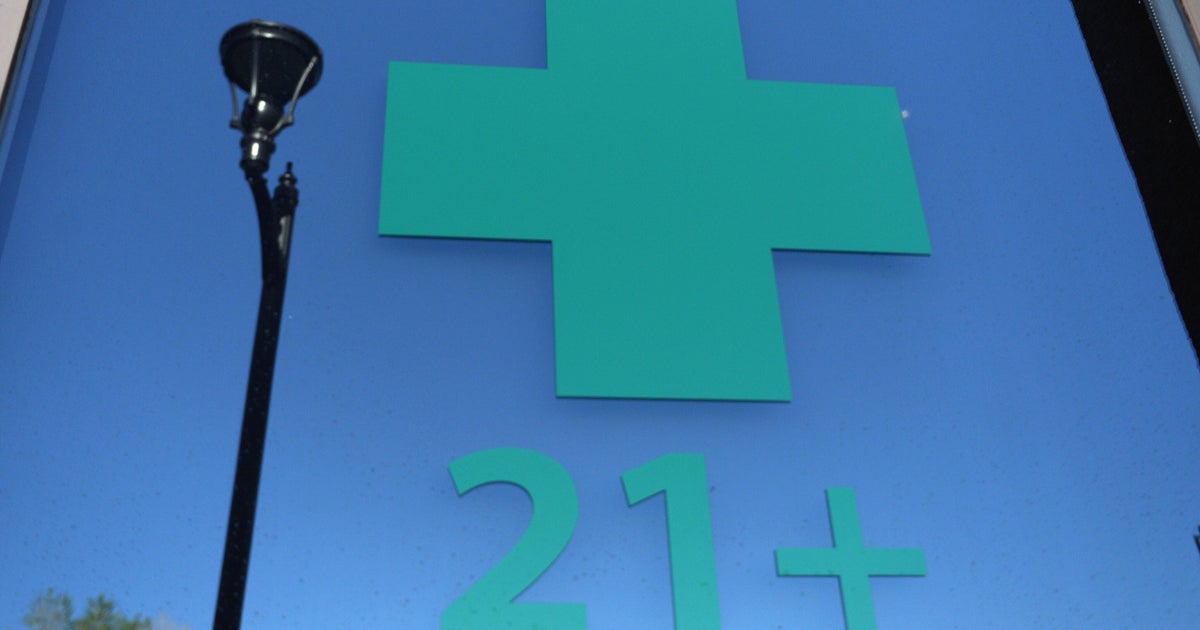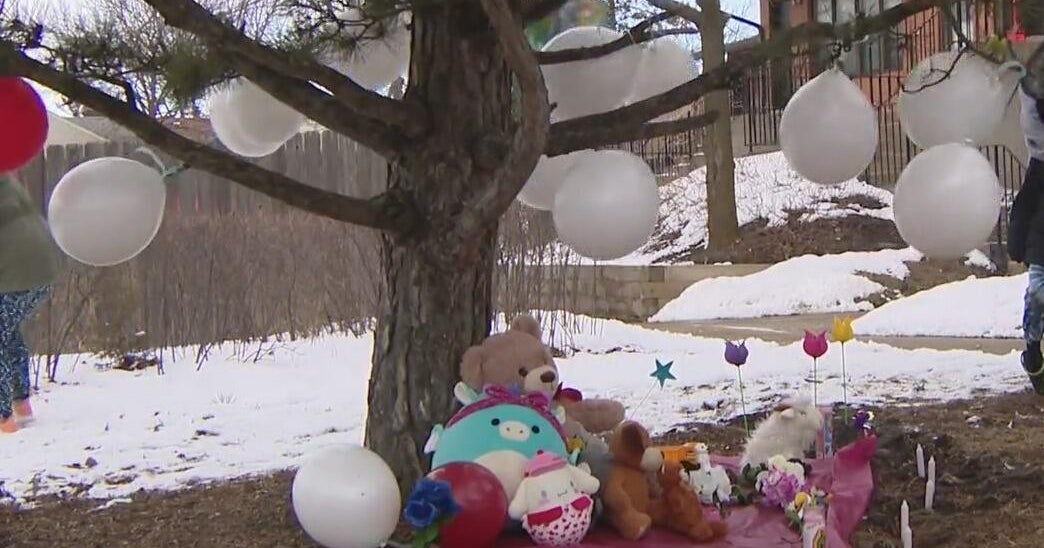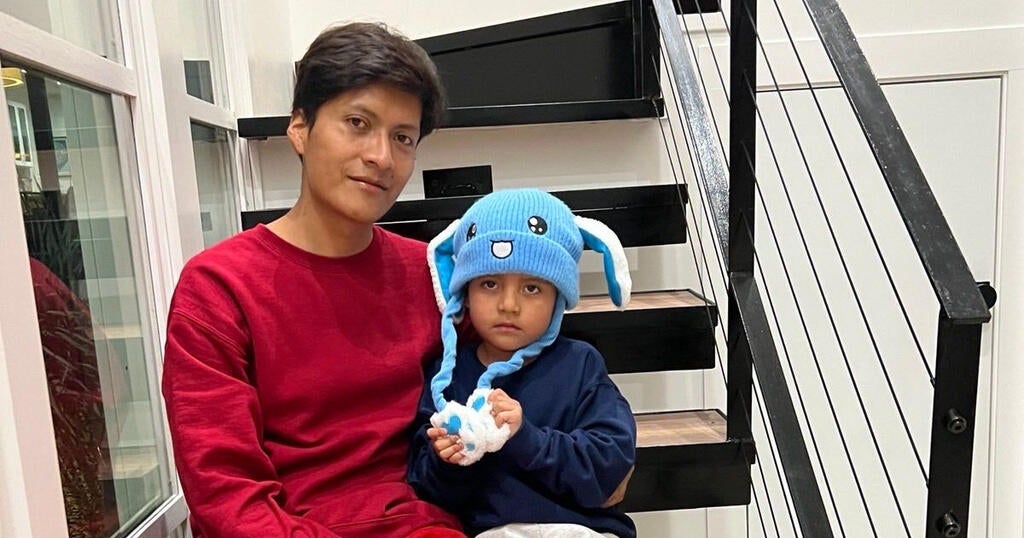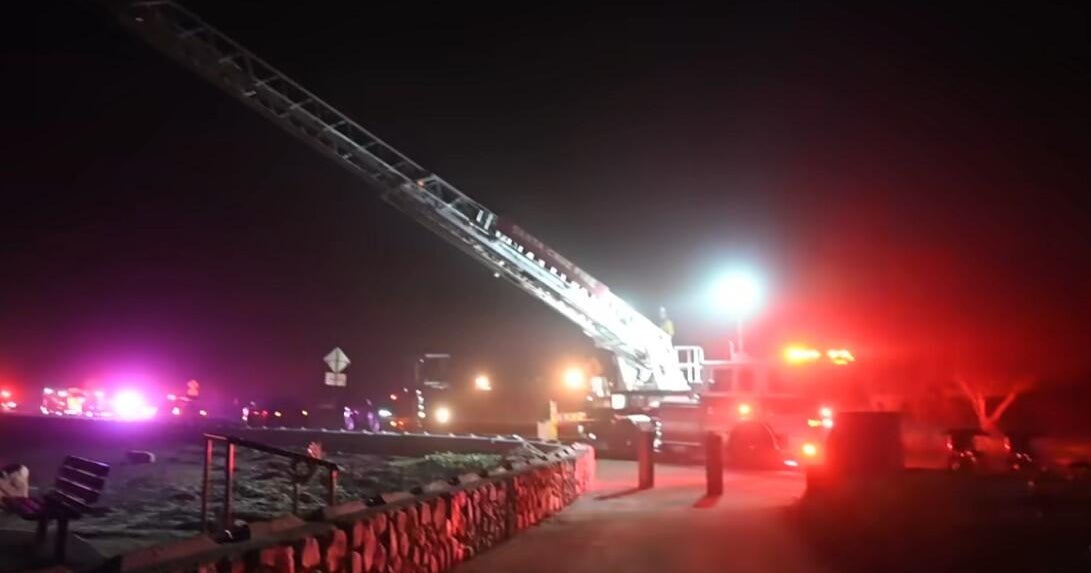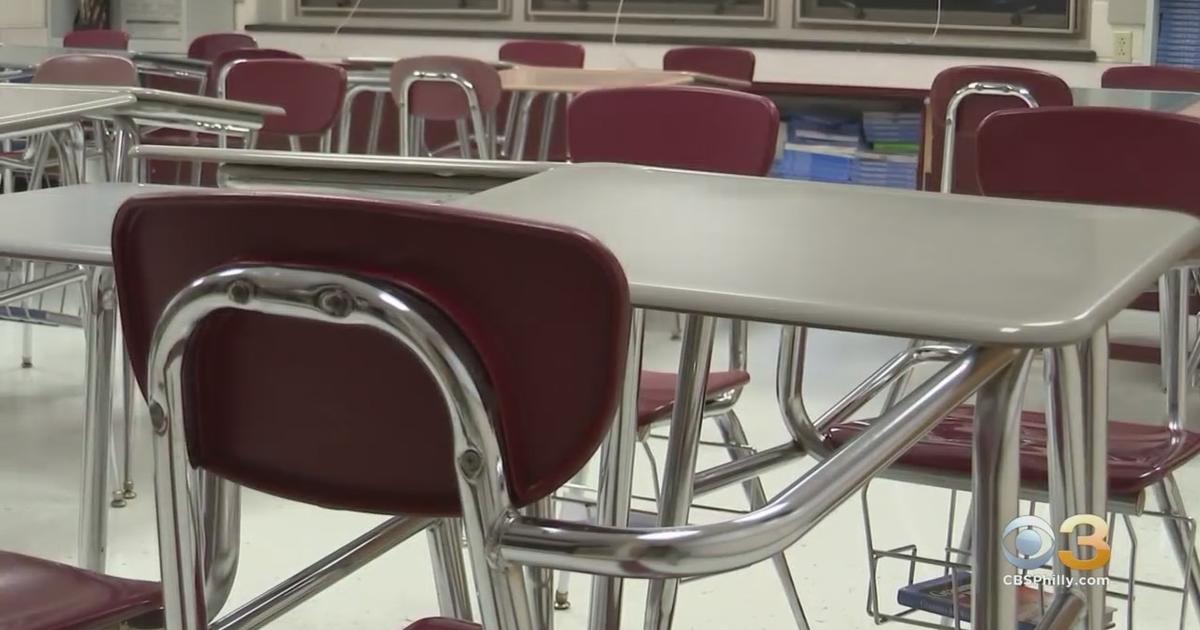State Faces Challenges On Marijuana Licenses
Follow CBSMIAMI.COM: Facebook | Twitter
TALLAHASSEE (NSF) – Three nurseries rejected by health officials for medical-marijuana licenses are challenging the licenses granted to Florida's first "dispensing organizations," with possibly more appeals on the horizon before a Monday deadline.
In a challenge filed Friday, Gainesville-based San Felasco Nurseries argued that the grower was erroneously disqualified because of issues surrounding a background screening of its research and development director. The nursery also alleges that the winner of the license for the state's Northeast region, Chestnut Hill Tree Farm, is ineligible to be one of the five dispensing organizations, which will grow, process and distribute non-euphoric marijuana legalized last year.
Two nurseries in the Southwest region of the state --- Perkins and TropiFlora --- also filed challenges Friday.
Labelle-based Perkins, which received the lowest ranking of five scored applicants in the Southwest region, is questioning its ranking from a three-member panel that had the task of picking one licensee in each of five regions of the state.
Lawyers for TropiFlora and its parent company, MariJ Agricultural, Inc., are accusing the Department of Health of wrongly rejecting their application in a dispute over what financial information the company had to turn over.
A third Southwest region loser --- Tornello Landscape --- put the department on notice last month that it intends to appeal.
It's unclear whether the challenges filed Friday, and likely more yet to come, will again put on hold implementation of the 2014 law that legalized marijuana low in euphoria-inducing tetrahydrocannabinol, or THC, and high in cannabadiol, or CBD.
Parents of children with severe forms of epilepsy pushed for the law, believing low-THC marijuana can end or dramatically reduce life-threatening seizures. Doctors can order the treatment for patients with severe muscle spasms or cancer.
Late last month, the state Department of Health's Office of Compassionate Use picked five nurseries as the first dispensing organizations, offering hope to lawmakers and others that the low-THC products would be available to eligible patients by next fall.
Under the 2014 law, health officials were supposed to have picked five applicants to grow, process and dispense the low-THC products by Jan. 1 of this year. But legal challenges and a judge's rejection of the Department of Health's initial stab at a rule regulating the nascent medical marijuana industry have delayed its implementation.
While expected, the newly filed challenges could inject yet another delay.
"The department remains committed to getting this product to children with intractable epilepsy and people with advanced cancer as safely and quickly as possible. The deadline for unsuccessful applicants to challenge the department's approvals is Monday. At that point, we'll review any petitions filed and evaluate the path we need to take to keep this process moving forward," Department of Health spokeswoman Mara Gambineri said in an email Friday.
San Felasco's application was rejected because Daniel Banks, the organization's director of research and development, failed a level 2 background screening, health officials told the nursery in a letter last month. State law bans convicted felons from being owners or managers of the dispensing organizations.
But, in Friday's 59-page filing, San Felasco's lawyers argued that department officials erroneously rejected Banks, who was convicted of a misdemeanor drug charge in Kansas more than a decade ago and whose record was expunged in October.
And, through a series of emails after the nursery submitted its initial application in July, health officials led the nursery to believe that the issue surrounding Banks had been resolved, the grower's lawyer argued.
"Notwithstanding four separate attempts during the month of September, 2015, to seek clarification regarding the information requested by the office, the office (a) never requested more information, (b) never gave any indication that it lacked information, and (c) never indicated to San Felasco that any of the individuals listed in its application had not passed level 2 background screening," James McKee, a Tallahassee lawyer representing San Felasco, wrote.
Even if Banks failed the background screening, it shouldn't matter because he isn't a manager or owner of the organization, McKee wrote.
And, the nursery argued, San Felasco's application shouldn't have been scored if the nursery wasn't eligible for a license, according to the rule governing the dispensing organizations.
The nursery, whose investors in the medical marijuana operations include the prominent lobbying firm Ballard Partners, is asking that health officials put all licensing activity on hold until its petition is resolved, or that the license be yanked from winner Chestnut Hill and given to San Felasco.
San Felasco is also questioning whether Northeast region winner Chestnut Hill is eligible for a license. Under the 2014 law, nurseries that have been in operation for at least 30 years in Florida and were growing a minimum of 400,000 plants at the time they applied were qualified to compete for the licenses.
"San Felasco Nurseries had the highest-ranked application among their competitors in the Northeast region and was identified as the clear winner, but they were mistakenly disqualified by the Florida Department of Health," McKee said Friday. "The DOH's disqualification decision was incorrect, and also violated the DOH's own rules and procedures. This is a new process for the DOH so it is understandable that mistakes can be made, but San Felasco Nurseries is hopeful the DOH will rectify the situation quickly so the patients of Florida can finally have access to the medicine they need."
Lawyers for Perkins in the Southwest region argued that the nursery's experience warranted a higher score, and questioned the rankings by the three-member panel comprised of Office of Compassionate Use Executive Director Christian Bax, his predecessor Patricia Nelson and accountant Ellyn Hutson.
"Review of the Perkins' scorecards reveals that the scores among the three panelists varied wildly so much that they appear to have been determined in an arbitrary manner, and not systematically as required" by Florida law, the nursery's lawyer Ari Gerstin wrote.
Perkins is also questioning whether Southwest region winner Alpha Foliage is eligible under the nursery requirements.
TropiFlora LLC and its parent, MariJ Agricultural, were not among more than two dozen applicants scored by the panel. Health officials decided that the applicant did not provide the nursery's financial documents required under the law.
Lawyers for TropiFlora argued that, because the nursery is "essentially a wholly owned subsidiary of MariJ," the parent company's financial statements should have been enough.
But in a Nov. 23 letter about the decision to reject the application, a Department of Health official said TropiFlora refused a request from the agency to "cure the deficiency in your application by submitting certified financial statements of the applicant itself."
The challenge from TropiFlora also says that all the applications submitted for dispensing organizations were flawed, and it highlights the fact that four of the five nurseries selected had principals who served on a rule-making committee.
It asks the agency to cancel its previous decisions and require all the applications to be filed again, and for TropiFlora's application to be reviewed and scored this time.
The News Service of Florida's Dara Kam And Brandon Larrabee contributed to this report.
